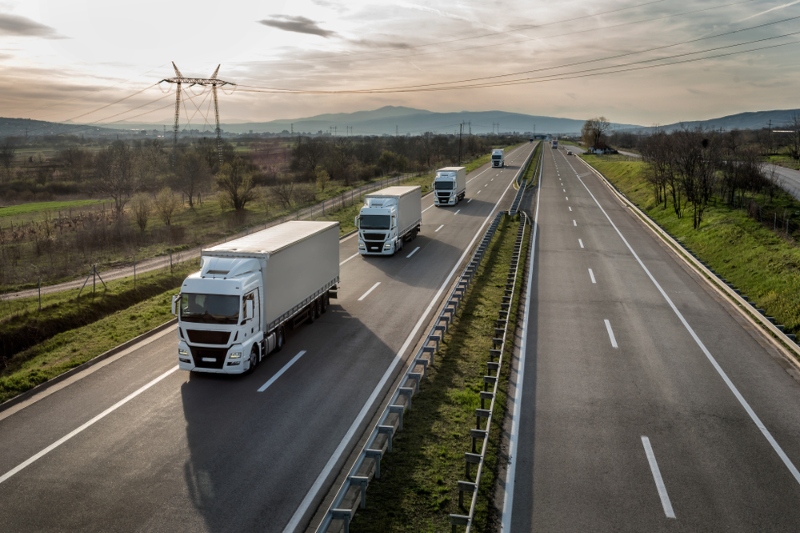Transport minister Trudy Harrison today revealed over £200m of Government funding will be injected into a zero emission road freight demonstrator programme.


The three-year comparative programme will begin later this year to help decarbonise the UK’s freight industry with initial competitions for battery electric and hydrogen fuel cell technology launching shortly.
Speaking at Logistics UK’s Future Logistics Conference, Ms. Harrison said: ‘Our road freight industry is one of the most efficient in the world and contributes over £13bn to the UK economy each year.
‘But we must accelerate our journey towards our net zero goals, and we’re committed to leading the way globally on non-zero emission road vehicles.
‘Our ambitious plans will continue to ensure food is stocked on the shelves and goods are supplied while eliminating fossil fuels from HGVs and making our freight sector green for good.’
The demonstrations will help the UK’s freight sector reduce its reliance on fossil fuels by finding which zero emission technologies are best suited to the heaviest road vehicles in the UK.
An open-call competition will be launched for manufacturers, energy providers and fleet and infrastructure operators to showcase their green technology on UK roads. This will begin with demonstrations of battery electric and hydrogen fuel cell HGVs.
As part of these trials, commercial vehicle manufacturer Leyland Trucks rolled out 20 DAF battery electric HGVs for use by public sector organisations, including the NHS and local authorities, to support the uptake of battery electric trucks, enabling learning to be gathered from field testing vehicles in a real-world, real-time logistics environment.
This project, along with six successful feasibility studies, helped prepare for the demonstrations, which will take place at scale over the coming years.
The Society of Motor Manufacturers and Traders (SMMT) chief executive Mike Hawes said: 'Truck manufacturers are committed to decarbonisation, but success will depend not just on manufacturer investment and innovation, but on governments having a strategy that encourages operators to switch and infrastructure providers to invest.
'The announcement of a Government truck trial for long haul freight transport is a great opportunity to ensure Britain develops that strategy, one that puts the right chargers and refuelling facilities in the right places.
'Manufacturers are bringing an ever-increasing choice of zero emission heavy goods vehicles to market but the variety of jobs HGVs perform for society such as goods delivery, emergency services and refuse collection, all have differing energy needs and hence differing potential technological solutions.
'A flexible approach to future technology is therefore essential but it should have, at its heart, a collaborative approach between industry, government and other stakeholders.'